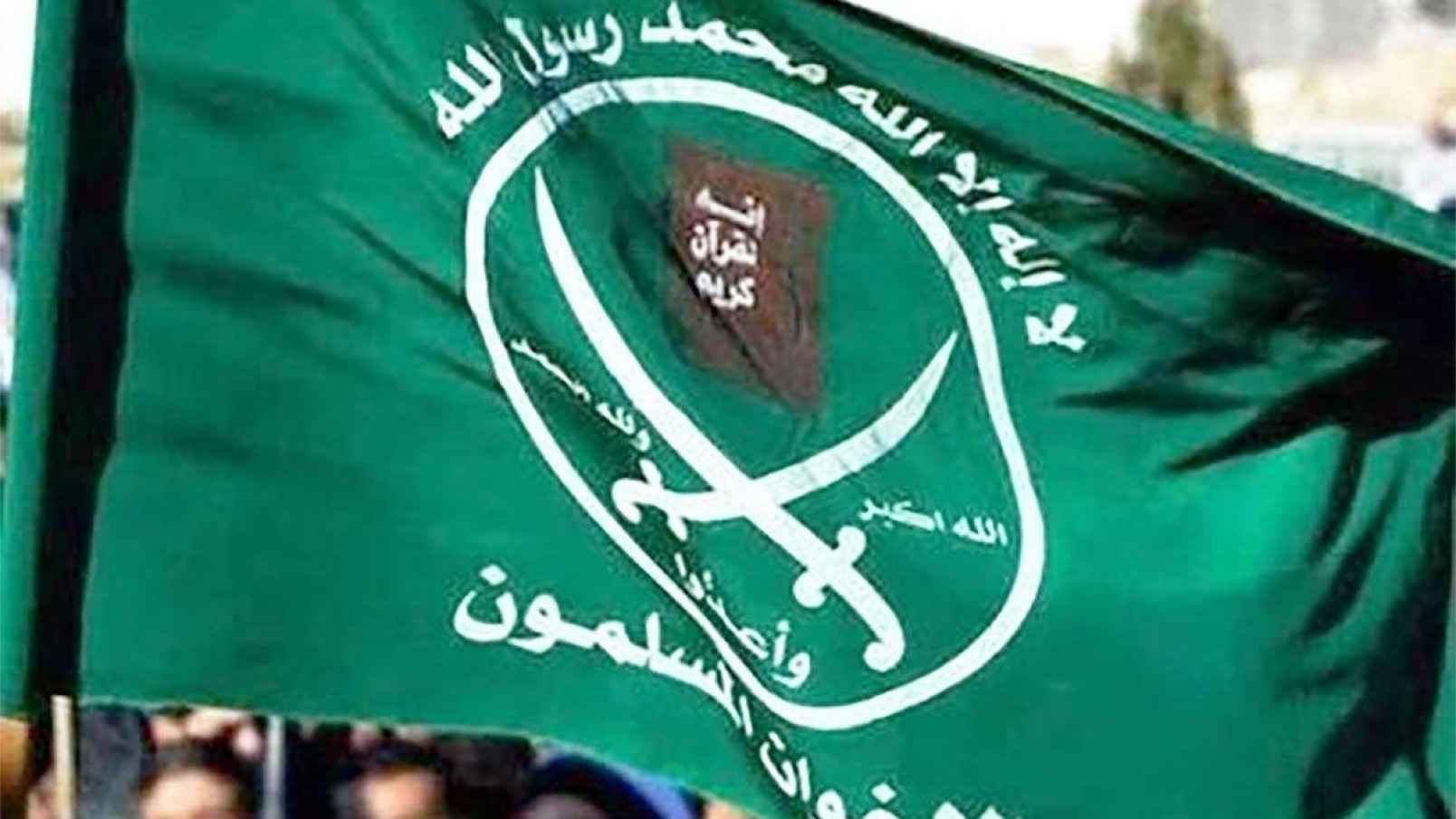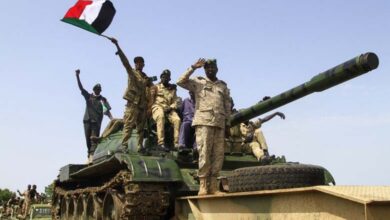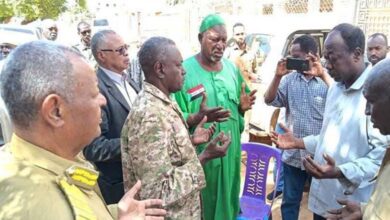Seeking Refuge… Why did Brotherhood put Al-Jaafari at the head of the Union of Muslim Scholars?

The so-called “International Union of Muslim Scholars” – which is included in the terrorist lists in Saudi Arabia, the United Arab Emirates, Bahrain and Egypt – announced the appointment of Habib Salem Saqqaf Al-Jaafari as its chairman to succeed Ahmed Raissouni.
In a report published on its official website, the Union said: “The Board of Trustees of the World Federation of Muslim Scholars appointed Dr. Habib Salem Saqqaf Al-Jaafari to head the Federation until the end of the current session, after the withdrawal of Ahmed Raissouni from the Union membership. The meeting came in accordance with the stipulations of the Statute of the Federation, (if the post becomes vacant, or there is an impedition to perform its functions, the Board of Vice-President selects one of the President until the President until the General Assembly and the General Assembly and the Union is elected.).

Who’s Al-Jaafari?
Habib Salem Saqqaf Al-Jaafari was born in Sulu, Central Java province, Indonesia, in July 1954. He obtained his Ph.D in Sharia, assumed the position of Minister of Social Affairs in Indonesia, worked as a lecturer in graduate studies at the Islamic State, Syarif Hidayatullah University, Jakarta, lecturer at the Sharia College at the Institute of Islamic and Arabic Sciences in Jakarta, affiliated with Imam Muhammad bin Saud Islamic University. Al-Jaafari worked as director of the Sharia Consultative Center in Jakarta, Chairman of the Advisory Board of Bait Al Mal “Moamalat”, and a member of the Sharia Board of Islamic Insurance “Takaful”.Saqqaf al-Jaafari was known for his defense of the Muslim Brotherhood in Indonesia and Arab countries and for adopting positions in support of the extremist group.
-
Abdullah bin Bayyah: “Human Brotherhood” Day is recognition of UAE leadership in spreading tolerance
Brotherhood’s warning
The study showed that the Brotherhood’s presence in Indonesia is not very different from its experience in the Middle East. The study showed that the Brotherhood was not able to maintain its religious and advocacy role as a movement that started from being a reformist movement as it promotes itself, and did not succeed in becoming a true political party practicing political work without any problem of overlap between it and the advocacy or religious side. The study said that the presence of the Brotherhood in Indonesia is one of those problems that still represents a major controversy in the Asian country. The Brotherhood’s ideology represents a stance against the foundations upon which the Indonesian state was founded after independence, and their presence in the Indonesian scene still represents a major problem for the Muslim Brotherhood, especially after the study conducted by the President It managed to successfully infiltrate Indonesia and bring many Indonesians into the country and employ them to serve its agenda, she said, pointing to the Brotherhood’s strategy focusing on the student component of universities and educational schools, both in Indonesia and in Egypt.

The Brotherhood’s end
For its part, the European Center for Counter-Terrorism Studies and Intelligence confirmed that the Brotherhood is facing a crisis of death and a security confrontation of a heavy caliber that makes it lose its most important safe havens in Europe, amid the strict measures taken by the governments of the continent to restrict its activities and sources of funding and monitor its prominent members, noting that they are currently seeking an alternative shelter for their investments and activities away from the decisive European confrontation, and heading towards West Africa, Malaysia and the East Asian countries as alternative safe and stable havens. In a new study published on its website, entitled “The Brotherhood in Europe: financial networks and social spread,” the Center expects that European governments will take more severe and strict measures against the Brotherhood, leading to its imminent placement on terrorist lists in some countries, within the framework of the comprehensive strategy to confront terrorism adopted by the political groups of some Islam and the resolutions adopted recently by the Community.












